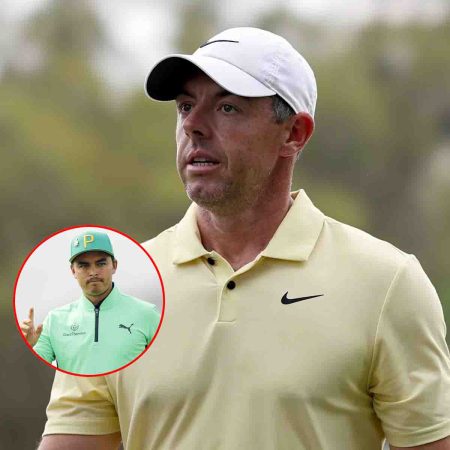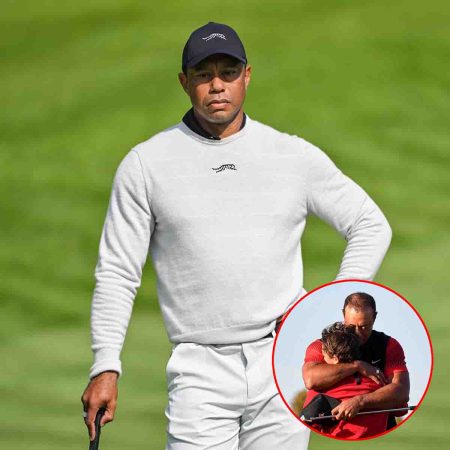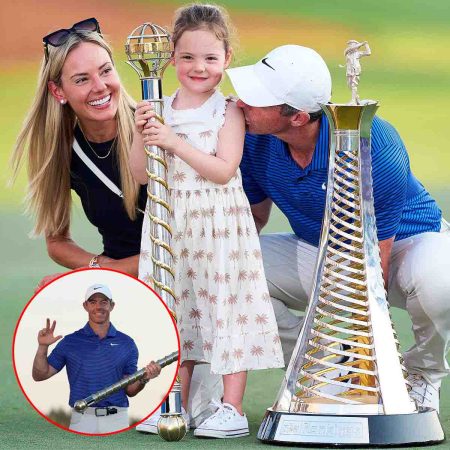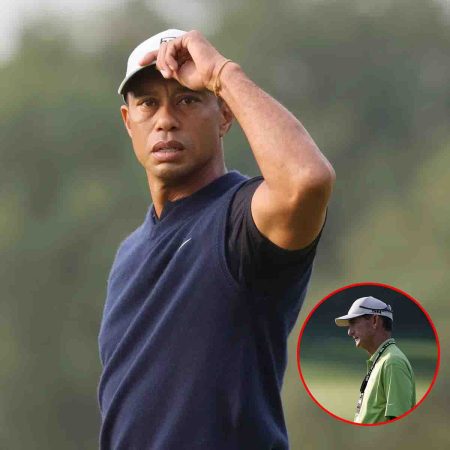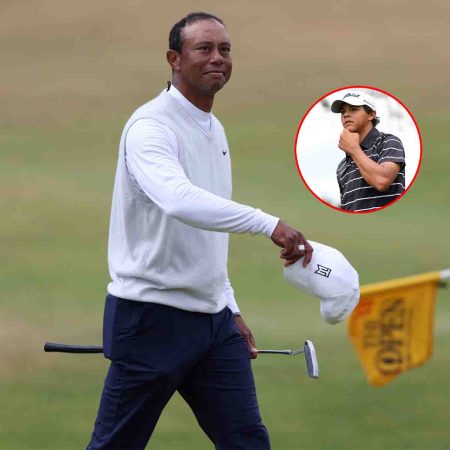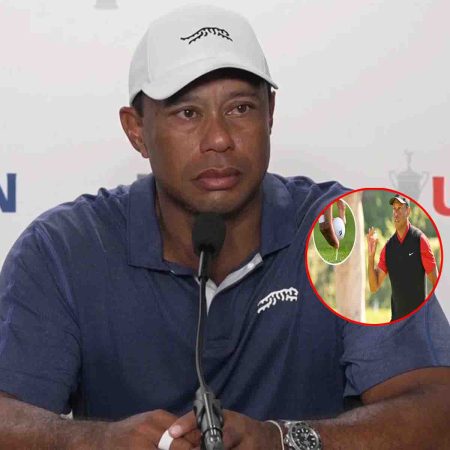For the last 55 years, the Phoenix Suns have been members of the National Basketball Association. Of those 55 seasons, the Suns have made 31 playoff appearances and have made it to the NBA Finals three times in 1976, 1993, and 2021. Unfortunately for the franchise, they have never been able to take home a Larry O’Brien Trophy as champions of the NBA. Phoenix has been home to many different legends over the years, such as Walter Davis, Alvan Adams, Paul Westphal, Charles Barkley, Steve Nash, and most recently, Chris Paul and Devin Booker. In their 55 years of existence, have there been times they could have been NBA champions? The answer is undoubtedly a yes.
Playlist Error: This content is currently unavailable from within your country.
In our most recent installment of an NBA team’s worst draft mistakes, we will look at the championship opportunities that have been squandered through the NBA Draft. Just as we have done for the Portland Trail Blazers and Chicago Bulls in recent months, we will take a look at Phoenix’s worst first-round draft picks and assign a better pick or picks based on what we know now. These nine cases of players that the Suns could have had could have easily produced a championship for them by now, but you be the judge.
These are the worst draft mistakes in Phoenix Suns’ history.
Corky Calhoun (1972 NBA Draft) – 4th Overall PickBetter Available Pick: Julius Erving
Credit: Fadeaway World
The first mistake that the Suns ever made in the NBA Draft came back in 1972 in their fifth season as a franchise. The Suns had decided that they were going to select small forward Corky Calhoun out of Penn University with their fourth overall pick. Calhoun was a big forward, standing at 6’7’’ and weighing in at 210 lbs. Calhoun would play just two seasons with the Suns before he was shipped to the Lakers in 1974. Calhoun averaged 6.8 PPG and 4.5 RPG in 172 games with Phoenix, which would be the best two seasons of his career out of eight seasons in the NBA.
Looming just a little bit down the draft board was superstar Julius Erving who was eventually drafted by the Milwaukee Bucks 12th overall. Now, Erving would decide to forego his NBA eligibility and join the ABA, where he became an MVP and an ABA champion. Who knows? Maybe the prospect of playing in Phoenix rather than Milwaukee would have been more enticing for Erving who is widely regarded as one of the best small forwards in basketball history. In his NBA career, Erving would be a 12-time All-Star, an NBA champion in 1983, and an MVP in 1981, among other honors.
Ron Lee (1976 NBA Draft) – 10th Overall PickBetter Available Pick: Alex English – 23rd Overall Pick
Credit: Fadeaway World
Four years later, the Suns made another haunting decision. The Suns decided to take point guard Ron Lee out of Oregon. Lee was a more daunting defensive presence than anything averaging 1.9 SPG in 82 games as a rookie and winning the NBA steals title the following season with 2.7 SPG in 82 games played. Lee would be traded during the 1978-79 season after averaging 10.9 PPG, 3.4 APG, and 2.2 SPG for the Suns in just over 200 games played. Lee would retire after the 1982 season, as he was never the same after he left Phoenix.
Way down the draft board, nobody knew that a future scoring machine was lying in wait. Alex English would be selected by the Milwaukee Bucks with the 23rd overall pick but wouldn’t become the Hall of Famer we know today until much later. From 2982 thru 1989, English averaged 26.9 PPG on 51.1% shooting for the Denver Nuggets, earning eight All-Star appearances and a scoring title. English would eventually make three All-NBA Teams and average 21.5 PPG for his career as one of the best scorers in NBA history.
1984 NBA Draft – Jay Humphries – 13th Overall PickBetter Available Pick: John Stockton – 16th Overall Pick
Credit: Fadeaway World
The next two draft mistakes the Suns made came in back-to-back seasons and could have netted them one of the greatest duos in NBA history. In 1984, the Suns decided that Jay Humphries was their solution at the guard position as a talented player out of Colorado University. Humphries would have two full seasons as the Suns’ starter after his rookie year and averaged 11.1 PPG, 7.1 APG, and 1.5 SPG before being traded for Craig Hodges in 1988. Humphries would play 11 total seasons in the NBA for four different teams and peaked in the early 90s as a 15.0 PPG scorer with the Bucks.
Just three picks later, the Jazz made a pick that would be the foundation of the greatest team in franchise history. John Stockton, a point guard out of Gonzaga, was selected with the 16th overall pick to Utah, where he became one of the best point guards in NBA history. Stockton would ride the bench for his first three seasons but, by 1989, had become an All-Star and led the NBA in assists the next nine seasons in a row. He led the Jazz to two NBA Finals appearances and became the NBA’s all-time leader in both steals and assists over a long and decorated 19-year career.
Ed Pinckney (1985 NBA Draft) – 10th Overall PickBetter Available Pick: Karl Malone – 13th Overall Pick
Credit: Fadeaway World
Once again, the Suns had a Top 10 pick in the draft, and once again, they would fail to claim at least one-half of the Stockton and Malone duo. This time, they would select Ed Pinckney, a forward out of Villanova. Pinckney would hardly live up to the hype of a Top 10 pick, as he averaged 9.5 PPG and 5.6 RPH in two seasons with Phoenix. He remained a role player off the bench for most of his 12-year NBA career with the Suns, Kings, Celtics, Raptors, Sixers, and Heat.
Little did the Suns know that just three picks later, one of the greatest power forwards in the game’s history was still available. Karl Malone and John Stockton thrived next to each other for nearly two decades as Malone scored at will and was one of the better rebounders in the NBA during his prime as well. Malone would become an MVP in both 1997 and 1999 while leading the Jazz to two NBA Finals in 1997 and 1998. Malone would end up with 14 All-Star selections, 14 All-NBA Team selections, four All-Defensive Team selections, and the third-most points in NBA history. Would history have been different if the duo of John Stockton and Karl Malone had played together in the desert?
Armen Gilliam (1987 NBA Draft) – 2nd Overall PickBetter Available Picks – Scottie Pippen – 5th Overall Pick, Reggie Miller – 11th Overall Pick
Credit: Fadeaway World
The 1980s were hardly kind to the Suns, who made no runs to the NBA Finals and missed big in three different NBA Drafts. Their third bad selection in the 80s came with the second pick in the 1987 draft when they selected Armen Gilliam out of UNLV. Gilliam was decent in his NBA career but played just two and a half seasons with the Suns before being traded for Kurt Rambis in 1989. Gilliam peaked in the early 90s and 1996 with the Nets and spent 13 total seasons in the league as a 15.0 to 16.0 PPG scorer and 7.0 to 8.0 rebounder in his prime.
The fact is, the Suns missed out on two potential franchise cornerstones down the draft in Scottie Pippen and Reggie Miller. Also, note that Horace Grant was still available as well. Pippen became one-half of the best duo in NBA history as a defensive wizard and playmaking sensation with the Chicago Bulls, helping win six NBA titles during his career. Reggie Miller went on to become one of the greatest shooters in NBA history as well as the greatest player in Indiana Pacers history. Miller or Pippen would have been perfect pieces for the Suns during the late 80s and 90s when they both became superstars.
Earl Clark – 2009 NBA Draft – 14th Overall PickBetter Available Pick: Jrue Holiday – 17th Overall Pick
Credit: Fadeaway World
Over the next two decades, the Phoenix Suns did a terrific job building through the draft and front office, putting together NBA Finals teams and some of the best offenses in NBA history. When the fun was coming to an end during the late 2000s, the Suns went a different direction with their drafts. In 2009, they selected Earl Clark out of Louisville with their 14th overall pick. Clark would become a big bust in his career, playing for six different franchises in six seasons in the NBA before walking away in 2015. His career averages on the court are 4.4 PPG and 3.0 RPG in 261 games played.
The core of Steve Nash, Amar’e Stoudemire, and Jason Richardson remained with phoenix around this time, but it would soon come to an end just a few seasons later. The Suns missed a perfect opportunity to draft Jrue Holiday instead of Clark to learn under the wisdom of a two-time MVP in Nash. Holiday has had a decent career so far himself as one of the premier perimeter defenders in the NBA and a two-time All-Star in 2013 and 2023. Holiday would have most likely been moved just as he was by the Sixers eventually, but things could have been different for the Suns in many ways.
Alex Len (2013 NBA Draft) – 5th Overall PickBetter Available Pick: Giannis Antetokounmpo
Credit: Fadeaway World
It took four more years for the Suns to make another draft mistake, and this time it came in the form of big man Alex Len. For the most part, over the last 10 seasons, Len has been a disappointment wherever he has gone, aside from being the best player to come out of Ukraine. Len played five seasons with the Suns, only peaking at 9.0 PPG and 7.6 RPG in 2016. He has played for four different teams since he left Phoenix and has never gotten back or better than what he was as a young man with the Suns.
Now to be fair, there were 14 different NBA teams that missed out on Giannis Antetokounmp, but the Suns happen to be one of them. Giannis was drafted 15th overall by the Bucks in 2013 and has gone on to become one of their best players in franchise history, soon to be number one. Giannis is a two-time MVP and a Defensive Player of the Year. In 2021, he led the Bucks to their first title since 1971, winning Finals MVP with a 50-point game to close out who? The Phoenix Suns. Tell me Phoenix doesn’t wish they could go back.
Dragan Bender (2016 NBA Draft) – 4th Overall PickBetter Available Pick: Domantas Sabonis – 11th Overall Pick
Credit: Fadeaway World
The 2016 NBA Draft was filled with great talent from top to bottom, but somehow, the Suns still missed. With their fourth overall pick, they selected Dragan Bender out of Bosnia and Herzegovina. Bender would play three seasons with the Suns and never get past 6.5 PPG. By the end of 2020, Bender’s journey in the NBA was over. He retired after just four seasons as a pro as one of the bigger draft busts in recent memory.
There were so many stars after Bender that were taken, such as Jamal Murray, Buddy Hield, and Pascal Siakam, later in the first round. However, none may have been a bigger miss than Domantas Sabonis. Over the past seven years, Sabonis has become one of the most talented bigs in basketball as an All-Star twice with the Pacers in 2020 and 2021 and once again with the Kings in 2023. Sabonis has also inserted himself into the MVP conversation in 2022-23. He is currently averaging 18.8 PPG and leading the NBA with 12.4 RPG and has added 7.0 APG as well.
Deandre Ayton (2018 NBA Draft) – 1st Overall PickBetter Available Pick: Luka Doncic – 3rd Overall Pick
Credit: Fadeaway World
It is not often that a number one pick the caliber of Deandre Ayton is considered a mistake. In this case, it is more about the caliber of the player behind him rather than his lack of production. Deandre Ayton has come with his share of issues, however, including rifts between him and Head Coach Monty Williams, as well as a benching during a Game Six blowout loss in last year’s NBA playoffs. Ayton has been a consistent interior presence for the Suns over the last five seasons averaging 16.5 PPG and 10.5 RPG in 281 games played. His impact and production have been amazing, but nothing compared to the player they could have had.
Two picks later, the Atlanta Hawks selected Luka Doncic out of Slovenia, who subsequently traded him to the Dallas Mavericks in exchange for Trae Young. Since coming into the NBA, Doncic has set the league on fire as one of its most talented and exciting young superstars. Doncic has recorded MVP-like numbers in four of the past five seasons and led the Mavericks to the Western Conference Finals in 2022. Doncic has the potential to be a franchise-changing, once-in-a-lifetime talent. Ayton has been good, but Luka has been generational.
Source: fadeawayworld



